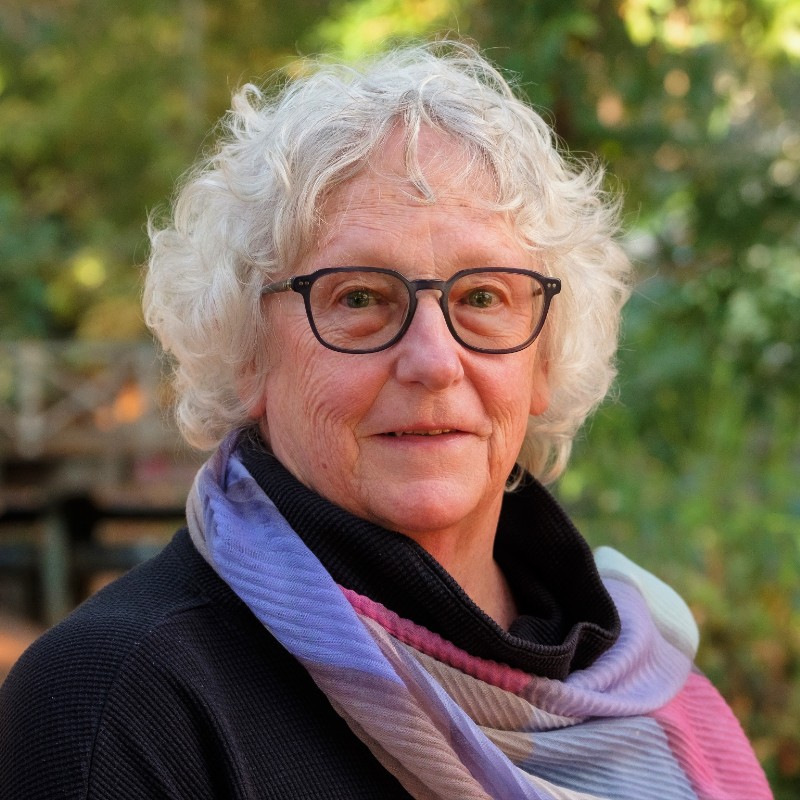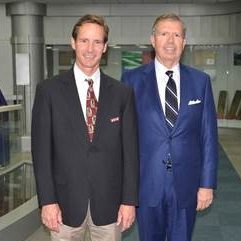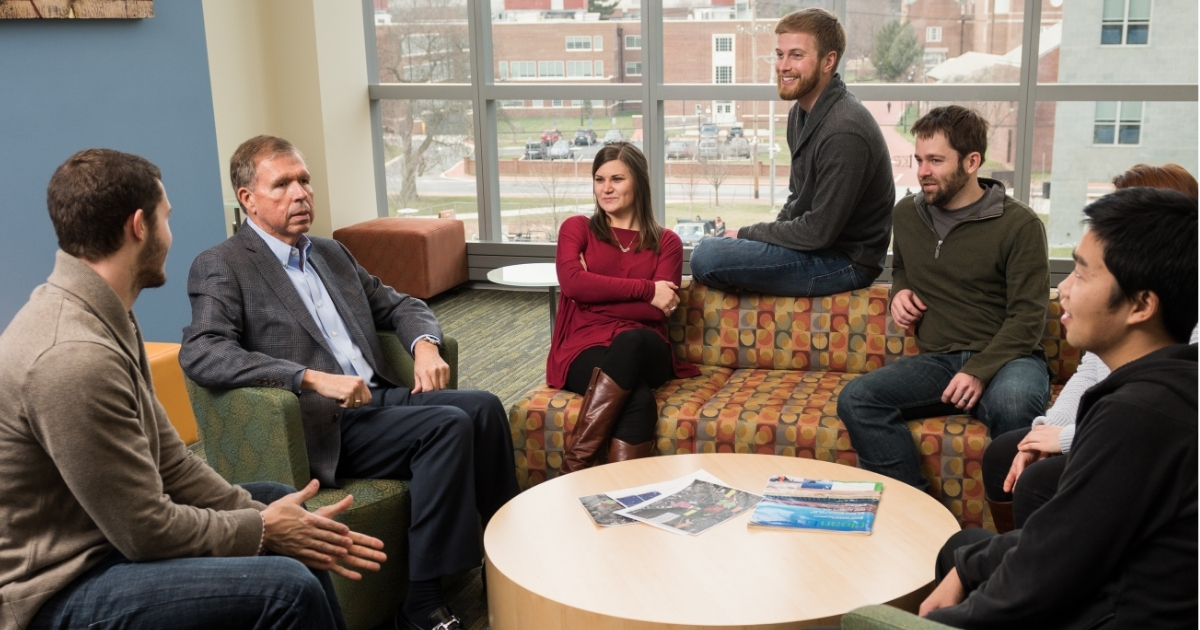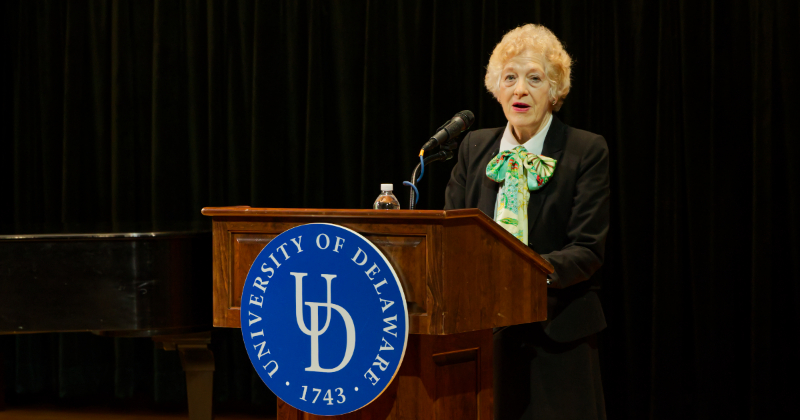
Lectureship in Soil and Environmental Sciences
JUNE 7, 2024: DONALD L. SPARKS, PH.D. LEGACY CELEBRATION
Legacy Symposium: 3 to 5 p.m.
Celebration Reception: 5 to 7 p.m.
Location: Tower at STAR, Audion
Please join us as we celebrate the career and legacy of Donald L. Sparks, Ph.D. Alumni, faculty, staff, students, and friends will all gather to honor the career of an incredible colleague, teacher, mentor, scientist, advisor, mentor, and friend. Professor Sparks served as the Unidel S. Hallock du Pont Chair; Francis Alison Professor; professor of Plant and Soil Sciences, Chemistry and Biochemistry, and Civil and Environmental Engineering; and founding director of the Delaware Environmental Institute.

Belowground Dynamics of Recently Fixed Plant Carbon in a California Annual Grassland
In the 2023 edition of the Sparks Lectureship, Mary Firestone discussed plant roots and the organisms that surround them—a primary source for stabilized soil organic carbon (SOC). This characteristic of the terrestrial C cycle is critical to C storage, soil water holding capacity, nutrient provision, and the management of soil health. While grassland soils have a large capacity to store organic carbon (C), few field-based studies have quantified the movement of plant-fixed C into soil and its persistence belowground over multiple years. We tracked the fate of plant-fixed C in the field following a five-day 13CO2 labeling of a Northern California annual grassland, characterizing the soil C pools over a period of two years. Our results indicate that newly fixed C moved into soil within days and was associated with the soil mineral fraction within weeks. While most of the annual plant C input in these grasslands cycles rapidly (<2-year timescale), a sizeable proportion (about 23% of the 13C present at day 0) persisted in the soil for longer than 2 years.
The recording can be found on the lectureship media channel.
Microplastics as Contaminants in the Environment: Impact on Plant-Water Relations and Cadmium Uptake
Microplastics are a major source of pollutants in soil and marine ecosystems. Microplastics in the aquatic environment have been widely studied, but microplastics in the terrestrial environment have been less studied, and essentially no information exists concerning the water relations of plants grown in soil with microplastics. This lecture will describe an experiment with microplastics in soil. The first objective of the experiment was to determine the growth, stomatal resistance, and evapotranspiration rate of wheat when grown in soil with microplastics. Because microplastics can be a vector for toxic trace-element uptake, the second objective of this experiment was to determine the uptake of cadmium (Cd) to see if they enhanced its uptake. The results showed that the microplastics reduced growth, increased stomatal resistance, and reduced evapotranspiration. They were a potent vector for the transport of Cd to wheat leaves.
This event took place on Thursday, April 14 at the Gore Recital Hall.
The recording can be found on the lectureship media channel.

Donald L. Sparks Distinguished Lectureship in Soil and Environmental Sciences
In 2019, Dr. Donald L. Sparks, a longstanding professor of soil and environmental chemistry in the Department of Plant and Soil Sciences at the University of Delaware, made a generous multi-year gift to create the Donald L. Sparks Distinguished Lectureship in Soil and Environmental Sciences. By creating this fund, Dr. Sparks' goal is to bring renowned thought leaders, from across multidisciplinary backgrounds, to the University of Delaware annually in order to share insight and research around the latest topics in soil and environmental sciences.


